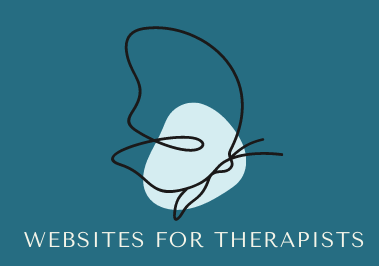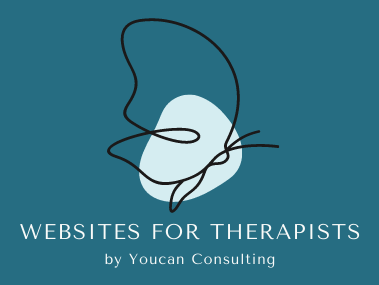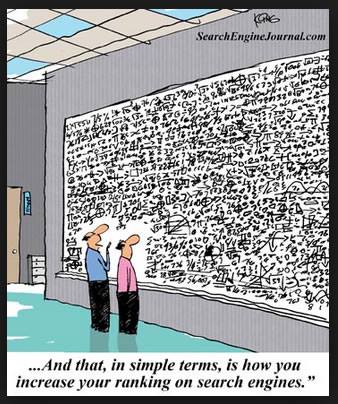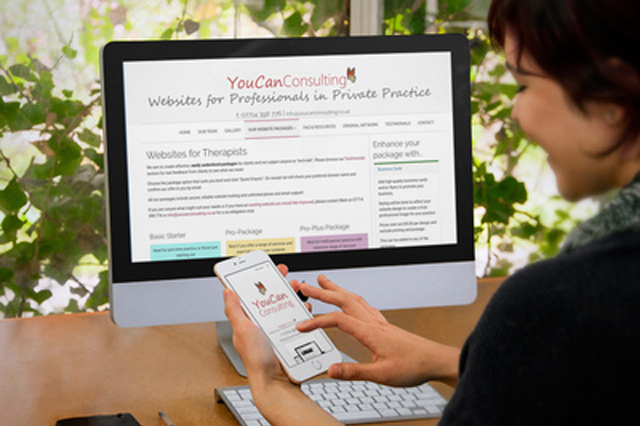Writing Effective Contents for your Private Practice Website
Writing effective content is without doubt the most important aspect to consider when planning your new website. You may have the most visually stunning website in the world but that means nothing if the message you are looking to convey is not understood.
In the early days of website development large search engines like Google and Yahoo placed a great deal of emphasis on keywords. Keywords served as a way to enable search software to identify web pages and correctly place them in their indexing systems. Unfortunately this method was very quickly undermined by web developers using underhand tactics (for example excessive repetition of keywords "hidden" within a page) in order to move up the search engines.
Much has moved on since then and, although some developers may still try and hoodwink the system, this is short lived and often leads to websites being removed from search results totally. Our advice is and always has been that your website content should first and foremost be written with your users' needs in mind; write for humans and not for search engines!
Practical tips for your private practice website
The first step is to think about your navigation or main topics you wish to cover – these should follow a logical order and be easy for a layperson to understand. Typically this would be your "menu" on your website which serves as an important directional tool for your visitors. The following principles are important for every page of your website:
1. Spelling and Grammar – take time to ensure this is correct. Recent research shows a large percentage of visitors will leave your site on encountering mistakes.
2. Keep your language friendly, informal and above all jargon-free.
3. Ideally each page should be around 250-450 words in length.
4. Try to repeat the key point of the topic often in a logical way. Think about how your clients might search for your service and include these words.
5. The first two paragraphs are the most important! Visitors quickly scan and this is where they need to be engaged in order to read on.
6. Think about the topic of the page. Describe your service, key aspects of that service and how that service can be of benefit to your visitor.
7. Use bullet points to increase readability.
8. Consider what action you would like your visitor to take, i. e. contact you, book a session, email you etc. include that "call to action" on every page.
Google have publicly stated that websites that feature well-written, useful content will naturally rise through the rankings and enjoy sustainable search success. Sites that try and "buck" the system and push limits will be rooted out and removed. So, never use link building services or companies that promise you the world with search results.
Clients above all have a need or concern, either for themselves or someone they care about. Aim to show a prospective client you can help, you understand and there is always another way of looking at things.
So to summarize, write for your client, don't get technical and make sure to show your client how you can help them; and you will see positive results!
You may also be interested in some of the other resources in this section, in particular how people read web pages.
Of course we would be happy to discuss this further with you. Please contact us on 07714 398 776 or email:
 Sidebar Menu
Sidebar Menu







